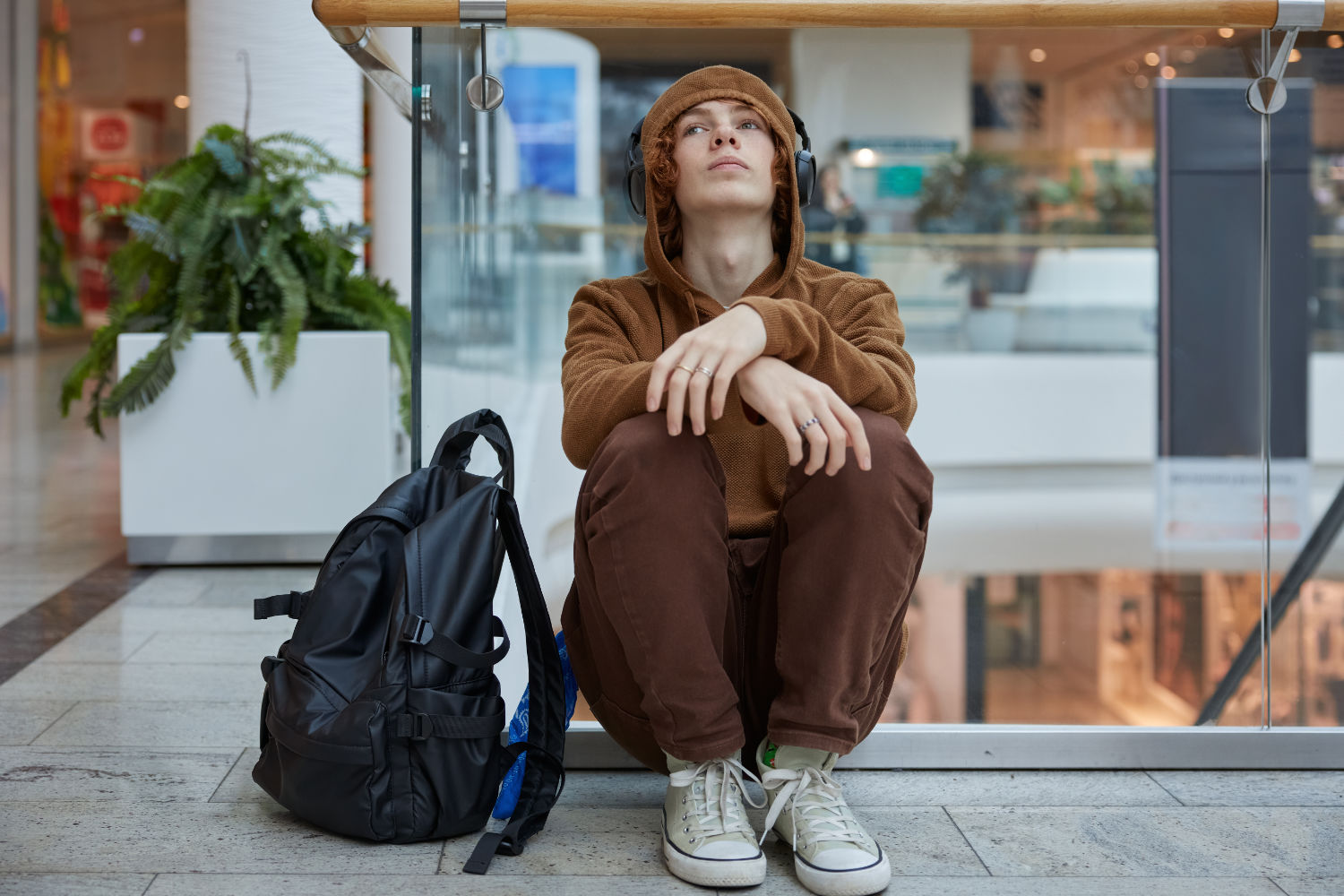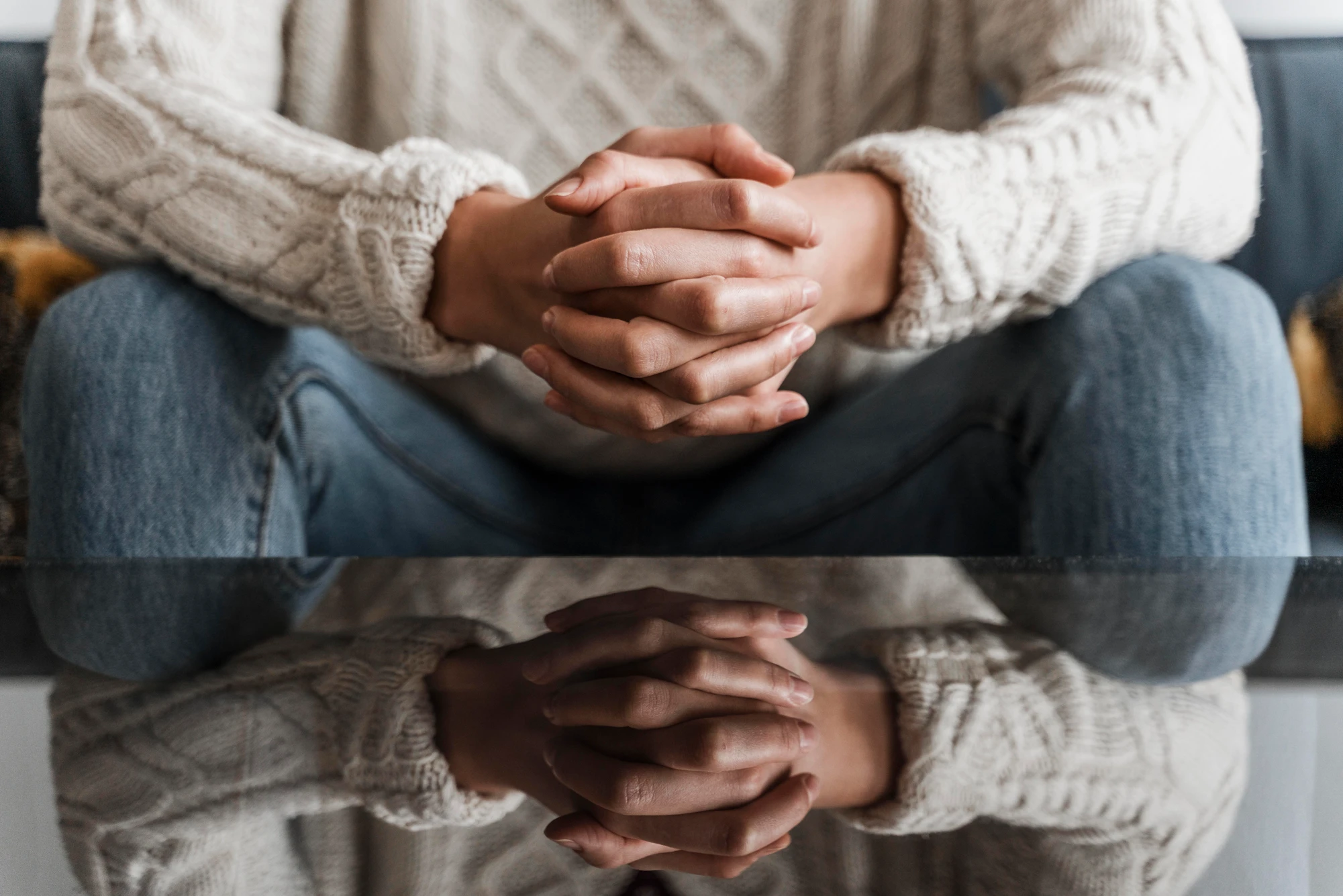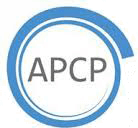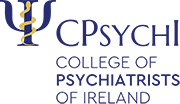Ireland’s teenagers are excelling in classrooms, but behind the high test scores lies a troubling reality: they are some of the most mentally distressed young people in the developed world. According to a 2025 UNICEF report titled “Worlds of Influence”, Irish adolescents rank first globally for academic achievement, yet only 24th for mental health among 43 high-income countries.
The findings have sparked renewed calls for a rethinking of how success is measured—and what more needs to be done to support the psychological health of Ireland’s youth. As schools continue to prioritise performance metrics and university entrance scores, mental health professionals are warning that we’re neglecting the emotional development of an entire generation.
Academic Achievement at What Cost?
The 2025 UNICEF report paints a nuanced picture. Irish teens scored at the top in literacy, numeracy, and science—outperforming peers in countries like Finland, Canada, and Australia. But when asked about life satisfaction, only one in three 15-year-olds in Ireland reported being satisfied with life, well below the OECD average.
This wellbeing gap has widened in the wake of the COVID-19 pandemic, which disrupted normal schooling and social lives for nearly two years. Experts believe this has accelerated already-growing concerns about perfectionism, burnout, and anxiety among school-aged children.
Dr. Becky Spelman, a psychologist who works with young people across the UK and Ireland, noted that “in many cases, academic achievement is coming at the cost of mental health. We see teens who are technically succeeding but are emotionally exhausted, socially isolated, and often dealing with undiagnosed anxiety or depression.”
Inside the UNICEF Report
The report assessed three core dimensions of child wellbeing: mental health, physical health, and academic and social competence. Ireland ranked:
- 1st in academic performance, particularly in reading and maths
- 10th in physical health, based on obesity, exercise, and mortality data
- 24th in life satisfaction and reported happiness
Among the most concerning statistics were:
- 35% of Irish teens reported low life satisfaction
- One in five 15-year-olds reported feeling lonely “most of the time”
- Suicide remains one of the leading causes of death for teens in Ireland
UNICEF analysts pointed to excessive academic pressure, screen time, and lack of emotional support in schools as major factors. They also noted that mental health services remain underfunded and inaccessible for many.
The Pressure Cooker of Irish Education
The Irish secondary school system is often described by students as relentless. The Leaving Certificate, the terminal exam that determines access to university, is particularly criticised for fostering memorisation over holistic learning.
Students commonly undertake up to 40 hours of tuition weekly, with additional grinds and weekend study sessions. Many report sleeping less than six hours a night in the lead-up to exams, with caffeine and stimulants increasingly used to cope with stress.
A 2024 survey by SpunOut.ie found that 62% of Leaving Cert students reported symptoms of anxiety and 45% reported symptoms of depression. Yet only a small fraction had accessed counselling or psychiatric care.
“I have clients who are academically top of their class, but they cry every day after school,” said Dr. Spelman. “There’s a myth that good grades equal good wellbeing, but that’s simply not true.”
The Role of Social Media and Hyper-Comparison
In addition to academic demands, today’s teens face a second battleground: social media. Platforms like Instagram, TikTok, and Snapchat have become primary sources of validation, entertainment, and peer connection. But they’re also where young people are most exposed to bullying, unrealistic beauty standards, and toxic comparison.
An internal 2023 study by Meta found that Instagram use worsened body image issues for one in three teenage girls. The Irish Government’s Digital Safety Commissioner has received a surge in complaints regarding online bullying and peer pressure since the pandemic.
UNICEF’s report noted that Irish teenagers are among the highest consumers of social media in the EU, averaging over 4 hours per day. High screen time was linked to poor sleep, reduced in-person interaction, and increased anxiety.
Where Are the Supports?
Despite increasing awareness, mental health services for teenagers in Ireland remain inadequate. CAMHS (Child and Adolescent Mental Health Services) are stretched beyond capacity, with thousands on waiting lists. Some teens are waiting up to 18 months for an initial appointment, during which time symptoms can worsen or crises can emerge.
School-based counselling remains inconsistent, with many secondary schools lacking a full-time trained counsellor. Instead, guidance counsellors are expected to juggle academic, career, and emotional guidance—an increasingly untenable role.
The National Parents Council has also raised concerns about regional disparities. In some counties, there are fewer than two CAMHS psychiatrists per 100,000 young people, far below international recommendations.
Redefining Success in Schools
Advocates argue that it’s time to redefine what “success” means in Irish schools. Instead of focusing solely on academic outcomes, education systems should be promoting resilience, emotional intelligence, and psychological safety.
Programmes such as Social, Personal and Health Education (SPHE) and Wellbeing were introduced as part of curriculum reform, but are often sidelined in favour of “core subjects.”
A recent initiative from Jigsaw, Ireland’s National Centre for Youth Mental Health, proposed the integration of emotional literacy lessons into the school timetable. Pilot programmes showed reductions in student-reported stress and improved attendance.
“It’s not about cancelling exams,” said Dr. Spelman. “It’s about creating an environment where exams don’t become the sole identity marker for teens. Where they’re allowed to be creative, emotional, and imperfect—without being penalised.”
Lessons from Elsewhere
Other countries have begun to successfully integrate wellbeing into education systems:
- Finland, ranked 2nd in academic performance, caps weekly homework, avoids high-stakes exams before age 18, and trains teachers in child psychology.
- New Zealand includes “wellbeing” as a pillar of its national curriculum and funds in-school psychologists through central government.
- Scotland launched a “whole school approach to mental health,” embedding wellbeing into school policy and leadership culture.
Ireland could follow suit by investing in specialist staff, embedding mental health metrics into school inspections, and funding universal access to counselling.
The Role of Parents and Communities
Support for adolescent mental health must extend beyond schools. Families, communities, and public services all have a role to play in helping teens manage stress and build resilience.
Parental pressure—sometimes unintended—can add to a teen’s burden. Setting realistic expectations, listening without judgment, and modelling healthy coping are key. Community groups, youth clubs, and sports teams also play a protective role by providing connection and meaning outside the classroom.
The 2025 UNICEF report also recommended increased family mental health literacy, calling on governments to offer parent workshops, digital tools, and education campaigns.
Policy Recommendations
To bridge the wellbeing gap in Ireland’s adolescents, a multi-pronged strategy is needed:
1- Double CAMHS funding to reduce wait times and ensure regional equality
2- Fund at least one full-time qualified mental health professional in every secondary school
3- Embed wellbeing as a core metric in Department of Education evaluations
4- Regulate digital platforms to reduce exposure to harmful content
5- Provide parents with resources and support to help children navigate stress
These steps would not only improve mental health outcomes but likely reinforce the academic gains Ireland has already achieved.
A Generation at Risk—And at the Centre of Hope
There is no doubt that Ireland’s young people are capable, curious, and high-achieving. But they are also vulnerable—navigating one of the most complex adolescent landscapes in recent history.
The 2025 UNICEF report serves as a wake-up call. It reminds policymakers, educators, and families that the success of a nation is not measured only by test scores or university rankings—but by the wellbeing of its youth.
As Dr. Spelman puts it, “If we want to build a future-ready generation, we must first ensure that they feel safe, seen, and supported. That begins not with pressure, but with presence.”
















